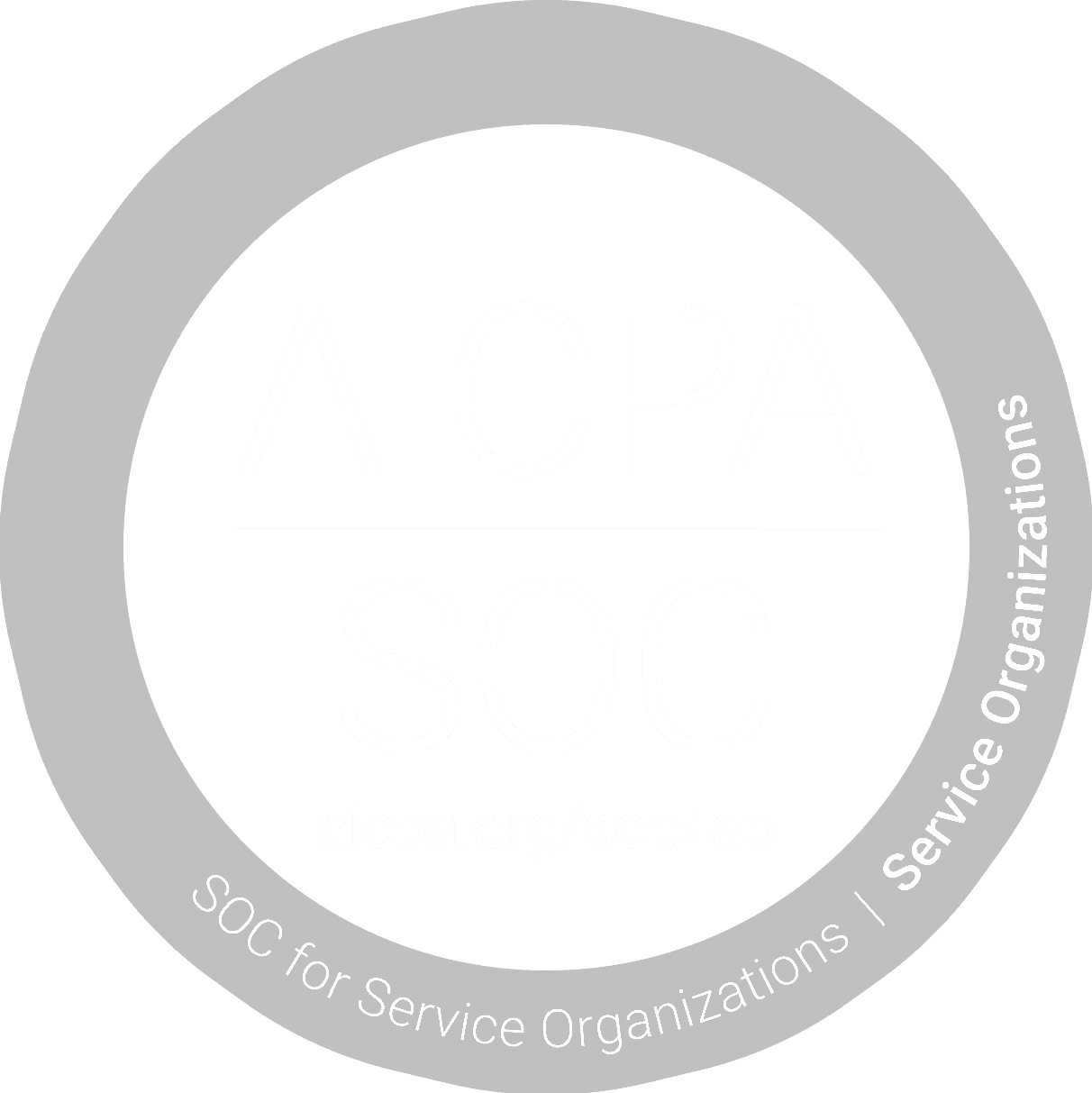Unraveling the Mystery of PCI-DSS: A Guide for Small Businesses
Tuesday, May 24, 2022

If you're a business, e-commerce merchant, or otherwise collecting any personal information from your customers and/or clients, then you're likely aware of the Payment Card Industry Data Security Standards (PCI DSS). If you're unsure what that acronym means, then you'll certainly want to read on.
What is PCI-DSS?
The Payment Card Industry Data Security Standard (PCI-DSS) is a set of security requirements that all businesses that accept credit card payments must follow. These requirements are designed to protect against theft and fraud of credit card information. Failure to comply with these requirements can result in significant fines and legal consequences, making it crucial for businesses to understand and adhere to PCI-DSS guidelines.
The PCI-DSS requirements are divided into six categories, each with its own set of guidelines.
Here's a closer look at each category:
Build and Maintain a Secure Network: This category requires businesses to install and maintain secure network systems, including firewalls, to protect against unauthorized access.
Protect Cardholder Data: Businesses must take steps to protect cardholder data, including encrypting data transmission and storage.
Maintain a Vulnerability Management Program: Businesses must implement measures to detect and prevent security vulnerabilities, such as regular software updates and vulnerability scans.
Implement Strong Access Control Measures: This requires businesses to limit access to cardholder data to authorized personnel and to implement strict password policies.
Regularly Monitor and Test Networks: Businesses must regularly monitor and test their networks for security vulnerabilities and intrusions.
Maintain an Information Security Policy: This requires businesses to have an information security policy in place that outlines their security procedures and practices.
These requirements are designed to ensure that businesses take appropriate measures to protect credit card information from theft or fraud. By following these guidelines, businesses can help prevent security breaches and protect their customers' sensitive information.
Does PCI-DSS Compliance Apply to Your Business?
PCI-DSS compliance is required for all businesses that accept credit card payments, regardless of their size or industry. This includes:
Retail Businesses: Any business that accepts credit card payments in-person, such as a brick-and-mortar store, must comply with PCI-DSS requirements.
E-commerce Businesses: Any business that accepts credit card payments online, such as an e-commerce website, must comply with PCI-DSS requirements.
Healthcare Industry: Healthcare providers that accept credit card payments, such as hospitals and clinics, must comply with PCI-DSS requirements.
Financial Industry: Banks and financial institutions that accept credit card payments must comply with PCI-DSS requirements.
Hospitality Industry: Hotels, restaurants, and other businesses in the hospitality industry that accept credit card payments must comply with PCI-DSS requirements.
Transportation Industry: Businesses in the transportation industry that accept credit card payments, such as airlines and rental car companies, must comply with PCI-DSS requirements.
Education Industry: Educational institutions that accept credit card payments, such as colleges and universities, must comply with PCI-DSS requirements.
In general, any business that accepts credit card payments must comply with PCI-DSS requirements. This includes both small and large businesses, as well as businesses in a wide range of industries. By complying with these requirements, businesses can help protect their customers' sensitive information and prevent security breaches.
Are You In Compliance?
Businesses can be out of compliance with PCI-DSS requirements in various ways, some of which they may not even be aware of. Here are a few examples:
Failing to Keep Up-to-Date with PCI-DSS Requirements: PCI-DSS requirements change over time, so it's essential for businesses to stay up-to-date with the latest guidelines. Failure to keep up with changes to PCI-DSS requirements can lead to non-compliance, even if a business was previously in compliance.
Improper Storage of Cardholder Data: PCI-DSS requires businesses to store cardholder data securely, such as by encrypting the data. If a business stores cardholder data in an unencrypted format, they may be out of compliance with PCI-DSS requirements.
Inadequate Access Controls: PCI-DSS requires businesses to implement access controls to limit access to cardholder data to authorized personnel. If a business fails to implement adequate access controls, such as by using weak passwords or failing to restrict access to certain employees, they may be out of compliance.
Non-Compliant Service Providers: If a business relies on third-party service providers to process credit card transactions, they must ensure that those providers are also PCI-DSS compliant. Failure to do so can result in non-compliance.
Lack of Regular Security Monitoring: PCI-DSS requires businesses to regularly monitor their networks for security vulnerabilities and intrusions. If a business fails to implement regular security monitoring, they may be out of compliance.
What Happens If Your Business Is Non-Compliant?
Non-compliance with PCI-DSS requirements can take many forms, and it can have serious consequences for businesses. Here are a few examples of what non-compliance with PCI-DSS requirements might look like:
Fines and Penalties: Businesses that are found to be non-compliant with PCI-DSS requirements can face fines and penalties, which can be costly. These fines can range from a few hundred dollars to thousands of dollars, depending on the severity of the non-compliance.
Loss of Customer Trust: Non-compliance with PCI-DSS requirements can lead to the loss of customer trust. Customers expect businesses to protect their sensitive information, and if a business fails to do so, customers may take their business elsewhere.
Legal Action: In some cases, non-compliance with PCI-DSS requirements can lead to legal action. If a security breach occurs as a result of non-compliance, affected customers may choose to take legal action against the business.
Increased Risk of Security Breaches: Non-compliance with PCI-DSS requirements can increase the risk of security breaches. Without adequate security measures in place, businesses may be more vulnerable to attacks from hackers and cybercriminals.
Loss of Business Opportunities: In some cases, non-compliance with PCI-DSS requirements can lead to a loss of business opportunities. For example, a business may be unable to partner with other companies or accept credit card payments from certain customers if they are not PCI-DSS compliant.
To ensure compliance with PCI-DSS requirements, businesses should:
Conduct regular security assessments to identify potential vulnerabilities in their systems and networks.
Train employees on security best practices and procedures to ensure that they understand and adhere to PCI-DSS guidelines.
Implement and maintain appropriate security measures, including firewalls, encryption, and access controls.
Regularly monitor and test networks to detect and prevent security breaches.
Keep up-to-date with changes to PCI-DSS requirements and ensure that their security measures remain compliant.
Wrapping Up
As a small business, it can be difficult to put in place all of the security controls necessary to stay compliant with a standard like PCI-DSS. However, it's critical that you do so—and that doesn't just mean when you're trying to convince banks to grant your business an account. If you want your company to feel secure, you need a comprehensive cybersecurity plan to shore up your defenses and keep you secure from the inside out.













